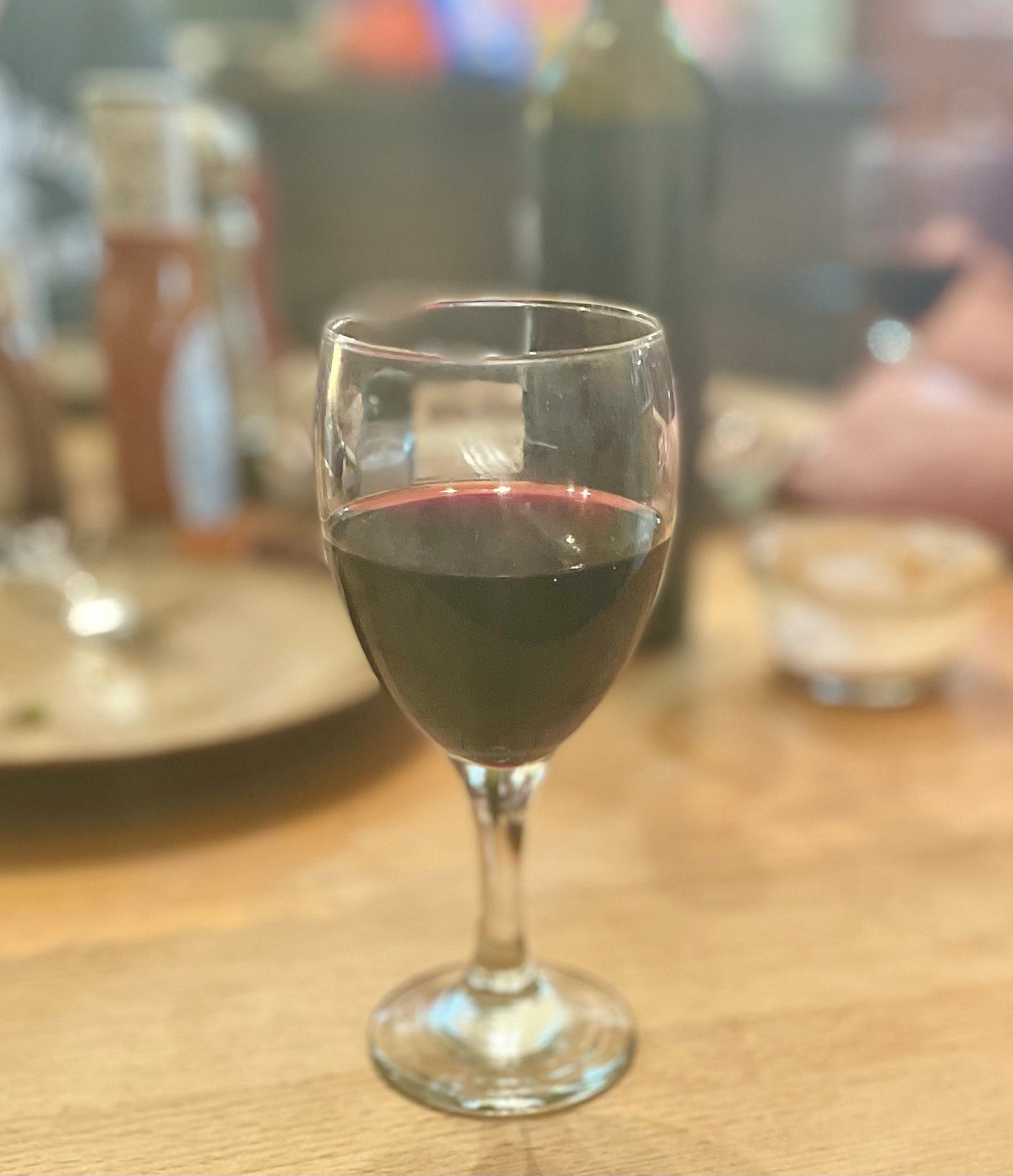Alex Rodriguez heard a skittering sound. He turned to look and watched a burnt leaf float along the sidewalk. Another burnt leaf fell from the sky. And another one. And another one. It was 2020, and Alex, his wife Vanessa and his two-year-old daughter Catherine were at a neighborhood potluck in Santa Rosa, California. The sky was orange with smoke. Vanessa’s phone alerted: the Glass Fire had crossed the Valley.
Vanessa and Catherine left first, heading for a hotel 70 miles away by the ocean. Alex got the cats and followed them out of town. “Before I left, I made a point of recording myself saying, ‘I love you, Vanessa, I love you, Catherine.’ I wanted those to be the last words in the house. But then Zeus meowed. So in the end, he got the last word.”
Alex’s house and family and cats survived that fire, but it had come close. “You know what my favorite statistic is about the Glass Fire?” asked Alex. “The fire that almost got us, that came within 200 yards of our house, that burned more than sixty-seven thousand acres? It was not the biggest fire in California. It wasn’t even the biggest fire in California in that year. It was the 14th biggest fire in California in 2020.”
I looked up the Glass Fire online to find out what had happened to the affected area since then. No one had died in this fire, but it had destroyed more than 1500 buildings. The most frequently reported story I found about lasting impacts was about smoke taint in wine.
I’ve tasted smoke taint. My husband and I were wine tasting in McMinnville, Oregon—pinot noir country. We went into an old warehouse that had been converted to host tasting areas for about two dozen wineries.
I loved chatting with the winemakers. They are really into wine, in the nerdy way that some people are really into civil war reenactment or Doctor Who or public health policy. (What? That last one’s just me?) Anyway, they are clearly my people, even though I am an inexpert wine taster, and I get more inexpert the more wine I taste.
The winemakers told stories about each vintage. This wine is from the year that the birds ate all the good grapes. Yum! This wine is from the year that was much wetter than expected. Yum! This wine we’re not selling—we just have it here to taste as a curiosity. It’s from the year we had those terrible wildfires. Oh my god it’s like licking an ashtray!
When grapes are exposed to smoke, they absorb some of the chemicals. Then the wine made from these grapes has “smoke taint,” which tastes absolutely terrible. Like, ashtray mixed with Band-Aids, undrinkably terrible. Which, for a region of the country known for its delightful wine, is concerning for the economy and survival of wineries.
Smoke taint IS concerning! I’m concerned.
I mean, maybe smoke-tainted wine isn’t the most devastating climate impact I’ve ever heard, but the 14th biggest fire in California in 2020 ruined a season’s worth of wine and traumatized my friends and others (principally those who were stuck in traffic trying to evacuate). That is a disruptive impact of climate change.
Yeah, it’s not the Camp Fire, the wildfire that formed an urban firestorm in the town of Paradise, California. That fire was so intense that it created and sustained its own storm-force winds from every direction. Heat from the fire melted asphalt, metal, glass. It turned streets into flammable hot liquid. This fire killed 85 people and destroyed 18,804 structures, pushing more than 90% of the people of Paradise to move out of the town they loved.
I suppose, for that matter, it’s not Africa, where the people are being affected by the changing climate first and worst. Africa has been warming quicker than the global average, and it is now warming even faster than before. In Somalia, almost 2 million people have been forced by a combination of poverty and protracted weather changes to leave their homes and homelands and never return. In some Somali refugee camps, people have lived there so long that babies have been born, raised, and had their own babies there.
But smoke taint is disruptive to winemakers and people who prefer their wine delicious.
For most of us benefiting from the infrastructure of the USA, we will find our lives repeatedly disrupted by the changing climate long before we find our lives destroyed by the changing climate.
That time of disruption is a gift--a privilege. For those of us currently experiencing climate impacts closer to smoke taint than to refugee camps, the climate itself is not keeping us from being able to respond to climate change. We have both the evidence of our own experience to convince us of the urgency of climate change, and the privilege of time and resources to respond with appropriate urgency.
We need to use this privilege for good. See these disruptions as a call to action, and don’t squander this gift of time by using it to despair over the fate of the planet or lack of perfect solutions. We need to get working. Together. Because we are the people who still can.
This piece is part of my work on my upcoming book titled (for now) A Climate Pessimist Finds Hope. Please comment! Is there something here that makes you think, “well, yeah, but, what about….” Tell me about it! Do I use a particularly persuasive or not persuasive argument? Tell me before the bad stuff ends up in the book!
For more on the book see:





Another superb installment in A Climate Pessimist Finds Hope. Potential subtitle to this chapter …”Not to wine, but…” 😉
So beautifully said. Thank you.